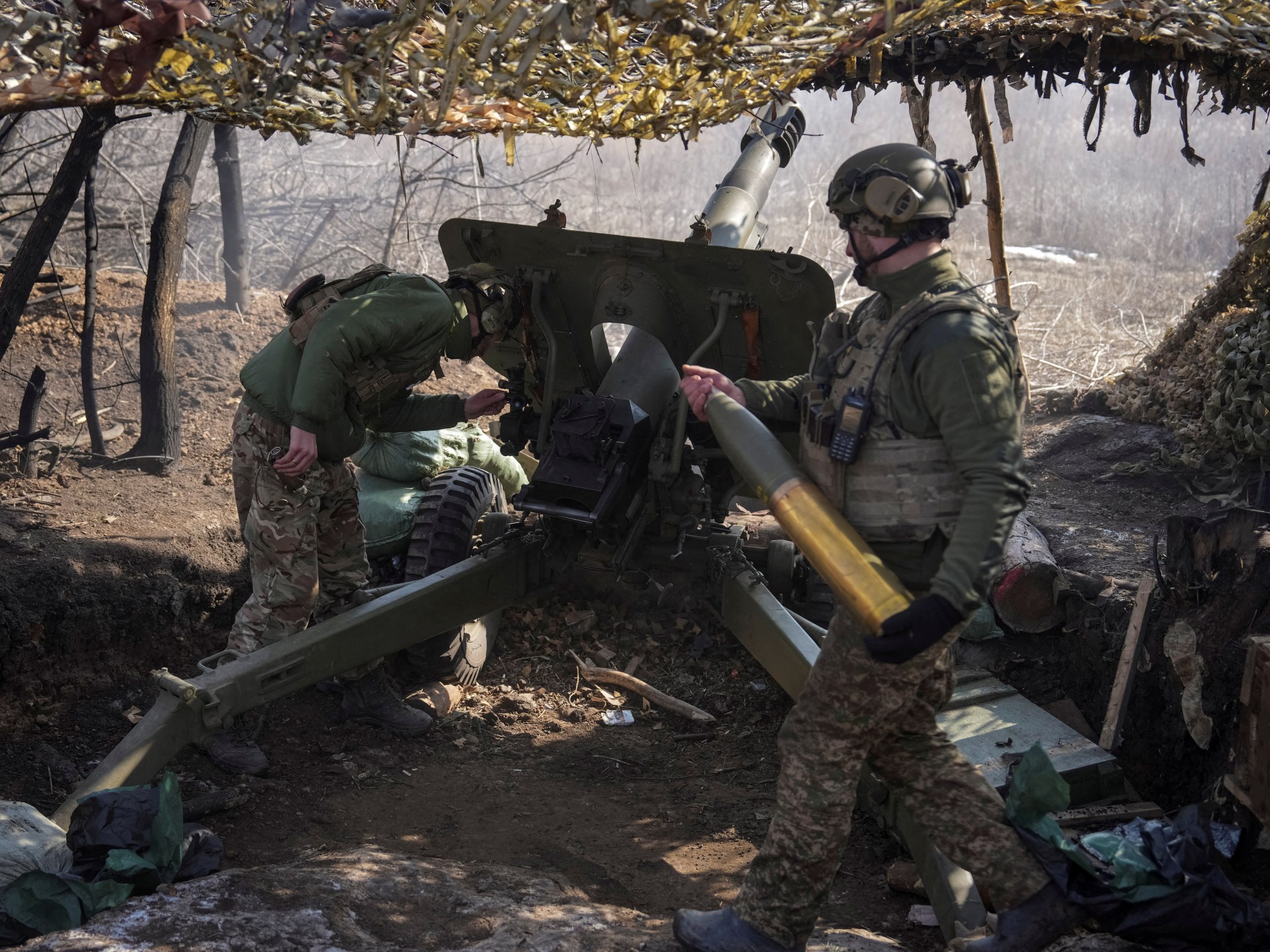The war in Ukraine is often compared to the Korean War of the 1950s, which ended with an armistice but no formal peace treaty, leaving the Korean Peninsula divided. Similarities include the support of major powers to opposing sides and a stalemate on the front lines. However, unlike the Korean War, prospects for peace in Ukraine are slim after three years of conflict. Both leaders, Putin and Zelensky, have their reasons to avoid compromise, while the West continues to support Ukraine. The war has entered a new phase with symbolic attacks and retaliation, and the future of the conflict remains uncertain.
Political Perspectives:
Left: Left-leaning reports emphasize the human cost of the war and the suffering of civilians, highlighting the failure of political leaders to seek peace. They often criticize the role of Western powers in prolonging the conflict by supplying arms to Ukraine and stress the need for diplomatic solutions. The narrative focuses on the parallels with the Korean War to underline the risk of a prolonged stalemate and the devastating impact on ordinary people.
Center: Center-leaning coverage tends to present a balanced view, acknowledging the complexity of the conflict and the strategic interests of both Russia and Ukraine. It highlights the military stalemate and the diplomatic efforts, including failed peace talks, while recognizing the symbolic nature of recent attacks. The narrative often compares the situation to the Korean War to illustrate the potential for a frozen conflict, but also notes the unique aspects of the Ukraine war that may affect its outcome.
Right: Right-leaning narratives often emphasize the resilience and determination of Ukraine under President Zelensky, portraying the war as a fight for sovereignty and freedom against Russian aggression. They highlight the support from Western allies and the strategic setbacks suffered by Russia. The comparison to the Korean War is used to stress the importance of continued military support to avoid a frozen conflict and eventual Russian dominance. The narrative may downplay diplomatic efforts in favor of military victory.








